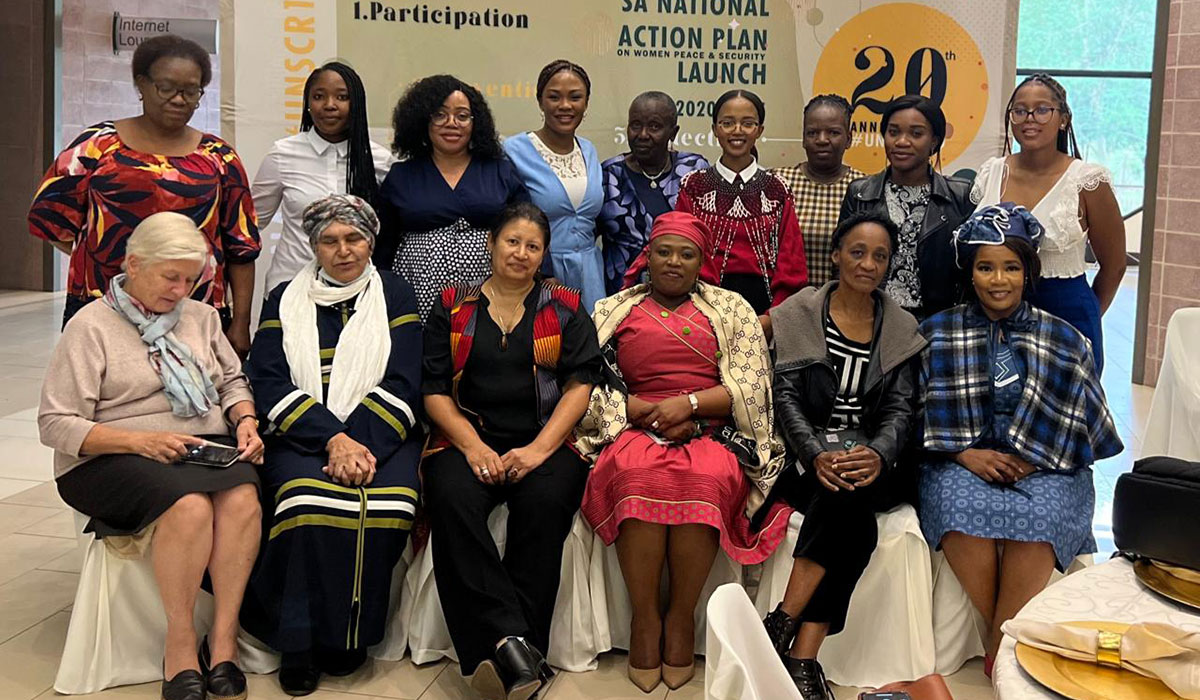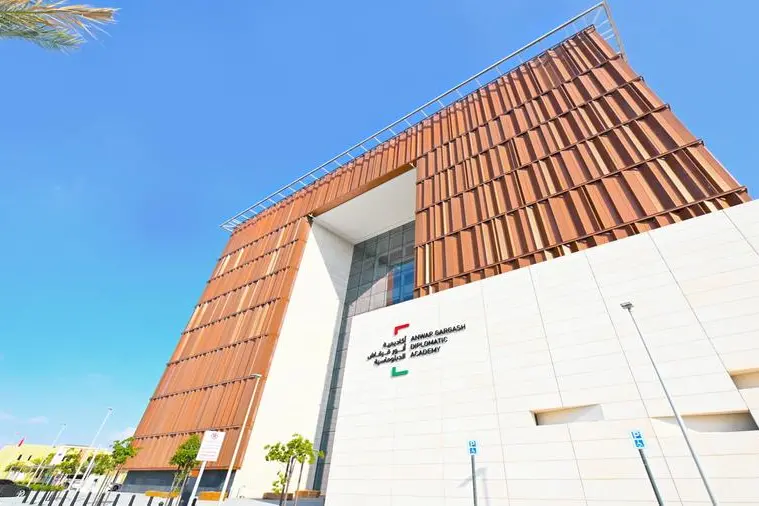Conflicts in the Eastern Democratic Republic of Congo, Ethiopia, Sudan, the Sahel, and Northern Mozambique, continue to affect women. Women are either targeted, displaced, or forced to live under perilous conditions. South Africa’s newly adopted National Action Plan (NAP) calls on South African women to have peace tables and dialogues that bring stakeholders together to discuss peace and security issues nationally, continentally and internationally. It also calls on women to support and offer solidarity to women in conflict countries.
As such, this dialogue was a collaborate effort of the Department of International Relations (DIRCO); ACCORD; the Gertrude Shope Mediators Network; African Women Leaders Network (AWLN); South African Women in Dialogue (SAWID); the Institute for Justice and Reconciliation (IJR); The Lady of Peace Community Foundation (LOPECO); and the Human Rights Institute of South Africa (HURISA). The dialogue aimed to use the collective experience shared by these respective institutions to action commitments outlined in South Africa’s NAP.
The dialogue took place in Pretoria, South Africa on 16 March 2022 with a high-level panel, including, the Deputy Minister of International Relations and Co-operation Ms. Candith Mashego-Dlamini, Deputy Minister in the Presidency Ms. Pinky Kekana, South Africa’s Focal Person on Women Peace and Security Ms Charlotte Lobe, civil society representation, and youth who are committed to actuating the promises of South Africa’s NAP. ACCORD’s Advisor on Women, Peace and Security, Ms Pravina Makan-Lakha shared that “Supporting women in conflict must allow women in conflict areas to own the design of their solutions and create the enabling space for the absorption of support and response”.
We have seen the implications and pushback of COVID–19 on gender equality and women’s empowerment, especially for women living in conflict. These implications and pushbacks are seen through the increased rates of gender – based violence during the hard lock down and the rise in unemployment rates that has further exacerbated the conditions of women living in areas affected by conflict. Women’s solidarity therefore needs to focus on advocating for humanitarian corridors, refugee arrangements and perhaps we need to match the African Unions call for What African Women Want with What Women in Conflict Want”. ACCORD is pleased to have been part of this important event to commemorate the international women’s month dedicated towards showing solidarity to women in conflict zones.







